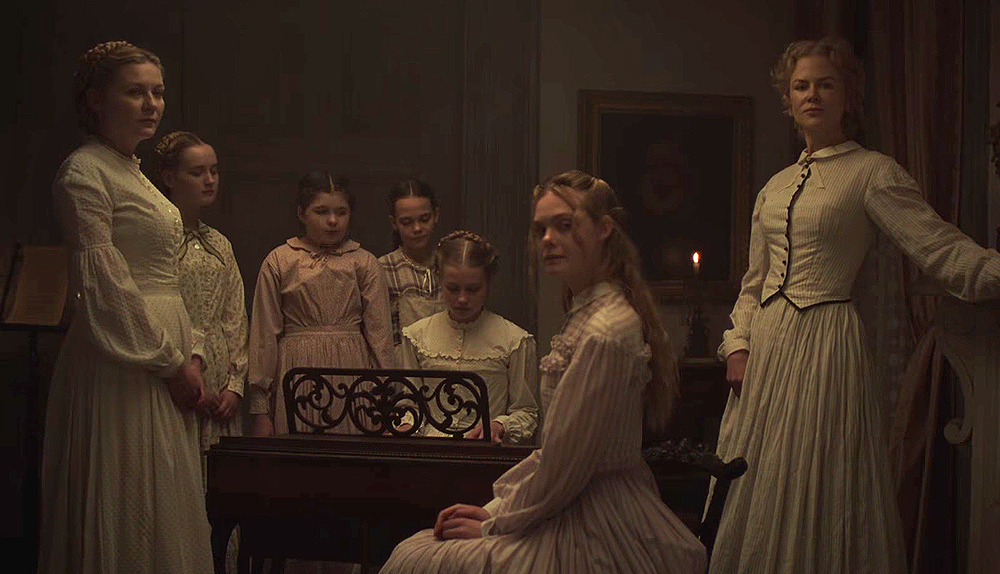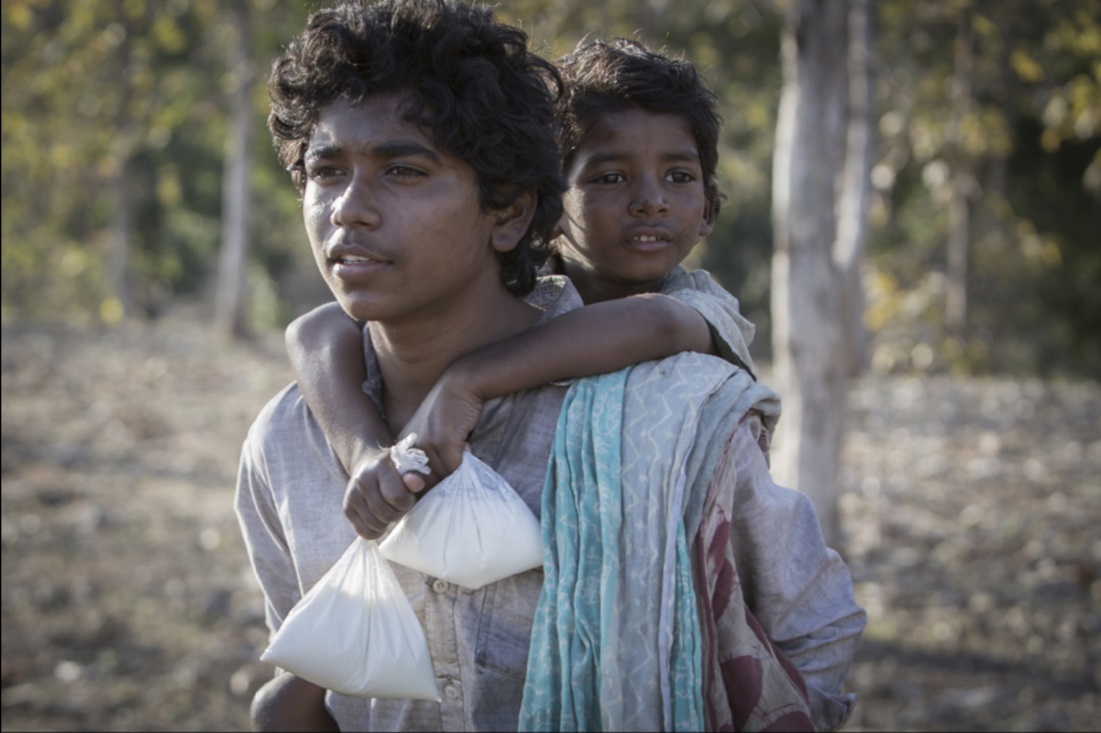Yorgos Lanthimos is not a normal person. His debut film, Dogtooth, centered on a family whose children were brainwashed into believing cats were vicious predators and that the outside world was uninhabitable. His most recent movie, The Lobster, was about a man sent to a facility where he had to find a partner or else he would be turned into an animal. As strange as they may sound, each of his films is centered on a high concept. His first was about societal norms, The Lobster was about the overlooked ridiculousness of courtship, and The Killing of a Sacred Deer is about trust during a family crisis. Steven (Colin Firth; The Lobster) is a heart surgeon who spends time with Martin (Barry Keoghan; Dunkirk), the 16-year old son of a man that died during an operation. After Martin meets Steven’s family, he decides Steven must pay for the death of his father. He claims a series of illnesses will strike Steven’s wife Anna (Nicole Kidman; Lion) and their son and daughter unless Steven makes an impossible choice.
Lanthimos continues the style seen in The Lobster but with a thriller twist. Characters still speak in the same monotone with a deliberately anti-naturalist cadence. This can still lead to laughter at the sheer morbidity flowing from each deadpan delivery. Martin’s threats are spoken like a reading from a number from a phonebook, slow, clear, and punctuated. He becomes a dangerous presence despite his size. He makes no physical aggressions and maintains a withdrawn posture. He seems resigned to the fate of Stevens family, not excited by it, and is completely stoic, often trying to present logical reasoning for why they must suffer. Keoghan, an Irish actor, maintains complete control of his body language and takes Martin from a potential red flag to an enigma of potentially sadistic capability.

The film’s world feels sterile and foreboding. Lanthimos tracks his characters like Kubrick in the famous tricycle scene from The Shining but places his camera at a curiously elevated height with wide angle lenses. The camera, perched near the ceiling, looms over its subjects, making them tiny figures in a pristine, but cold and empty world. The hallways of Steven’s hospital are cavernous with rooms that dwarf the staff and patients. Lanthimos adds to this atmosphere with his use of music. The soundtrack uses heavy groans from a piano and violin screeches. Everything in the production hints at the ominous nature of the events to come.
The genre of the film is as inexplicable as its narrative. It features laugh out loud moments as characters bluntly and dryly describe their situation, flashes of body horror, but, more than anything, a creeping paranoia. Like with the family from last year’s The Witch, when the kids suddenly fall ill, distrust begins to grow. What is happening and how? What are they willing to do to stop it? Farrell and Kidman’s relationship goes from loving, or at least whatever loving means in a Lanthimos film, to jagged and explosive. There are no clear answers about on what is going on and what should happen next. Instead, their suspicion breeds desperation as we witness how quickly – and violently – a family unit can be upended by an outside force.

4/5 stars.





